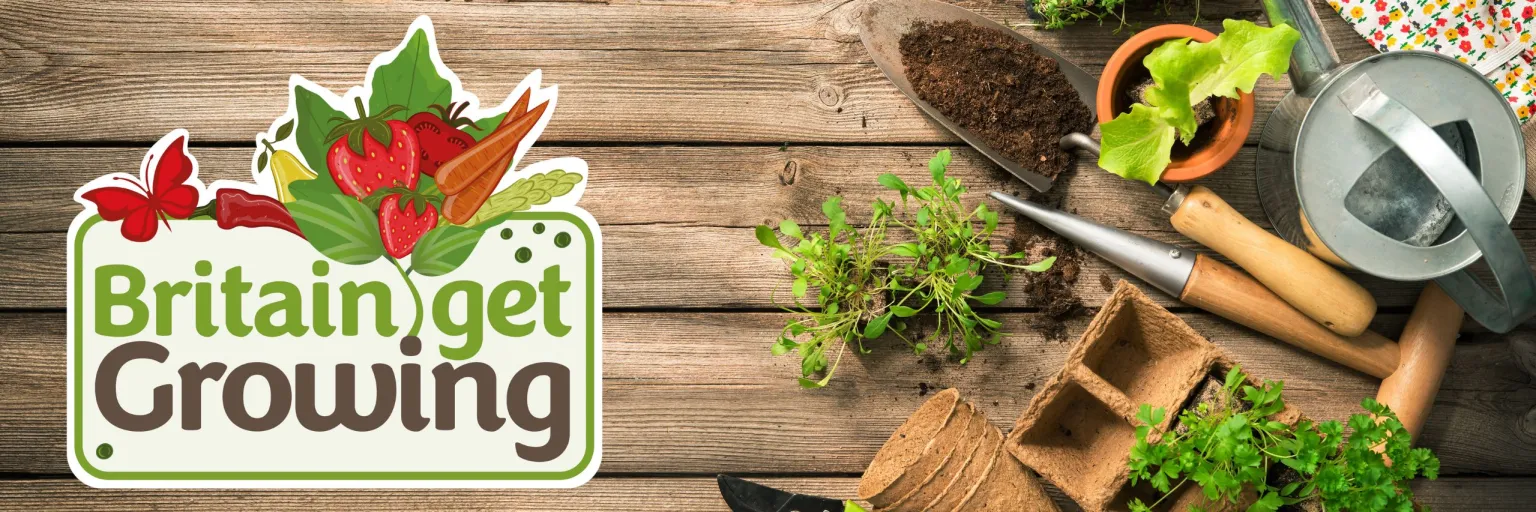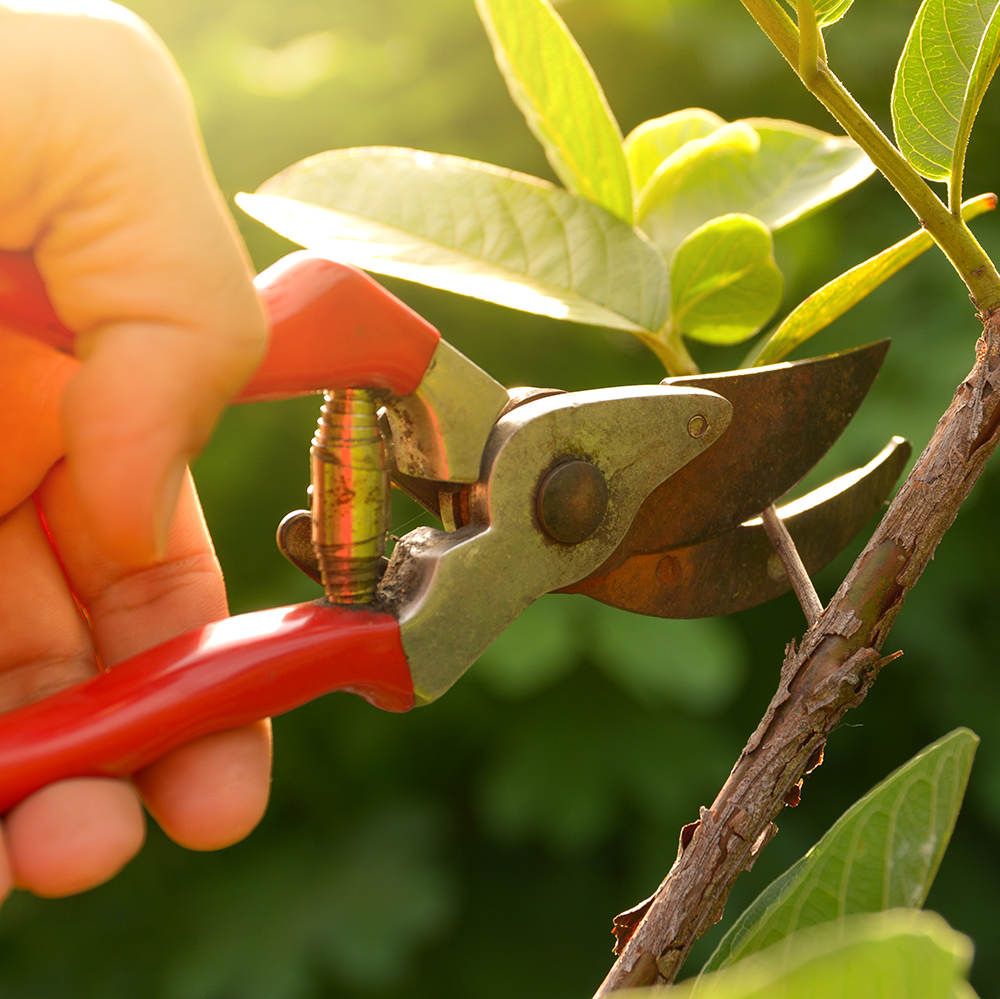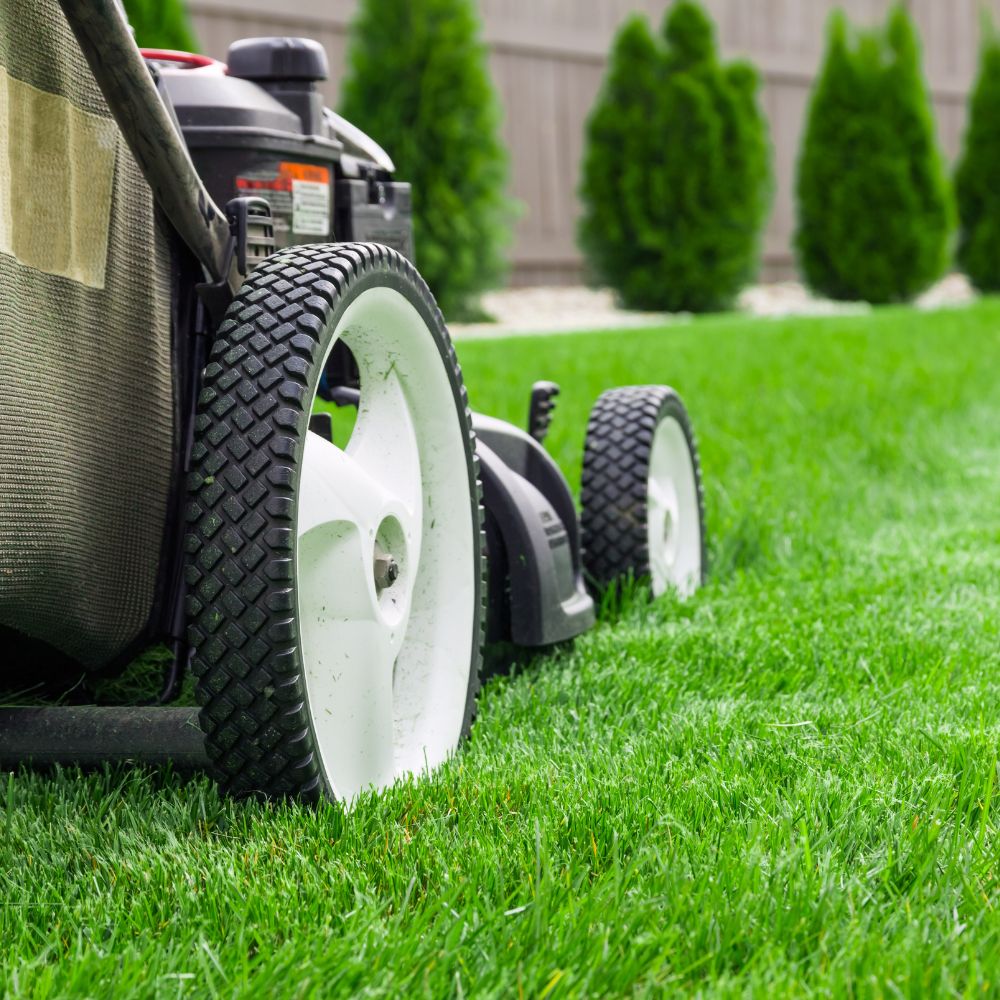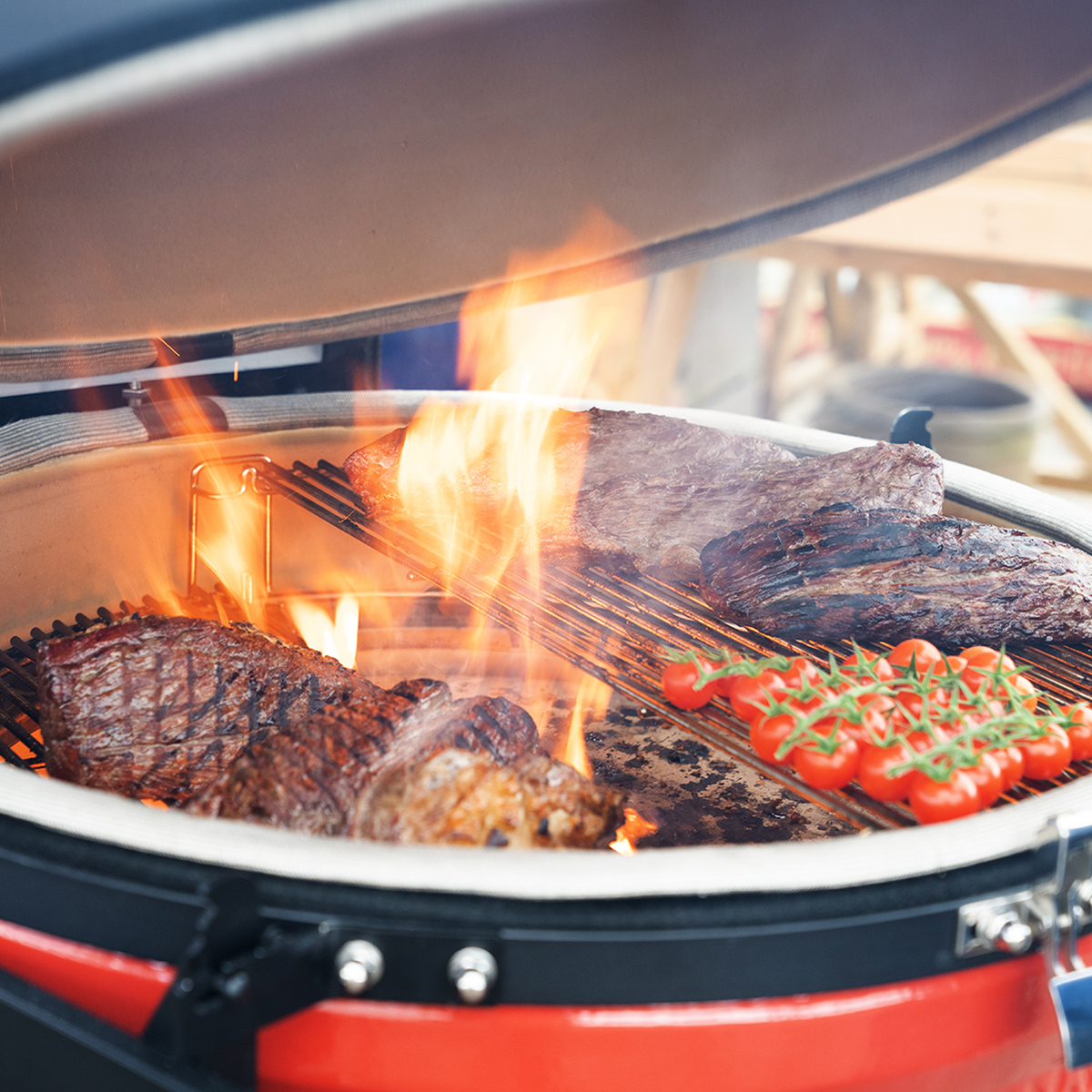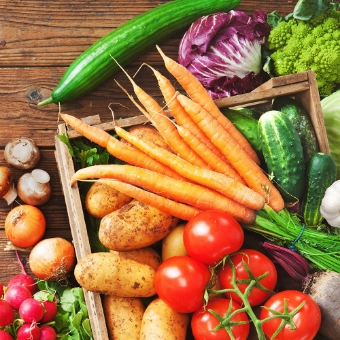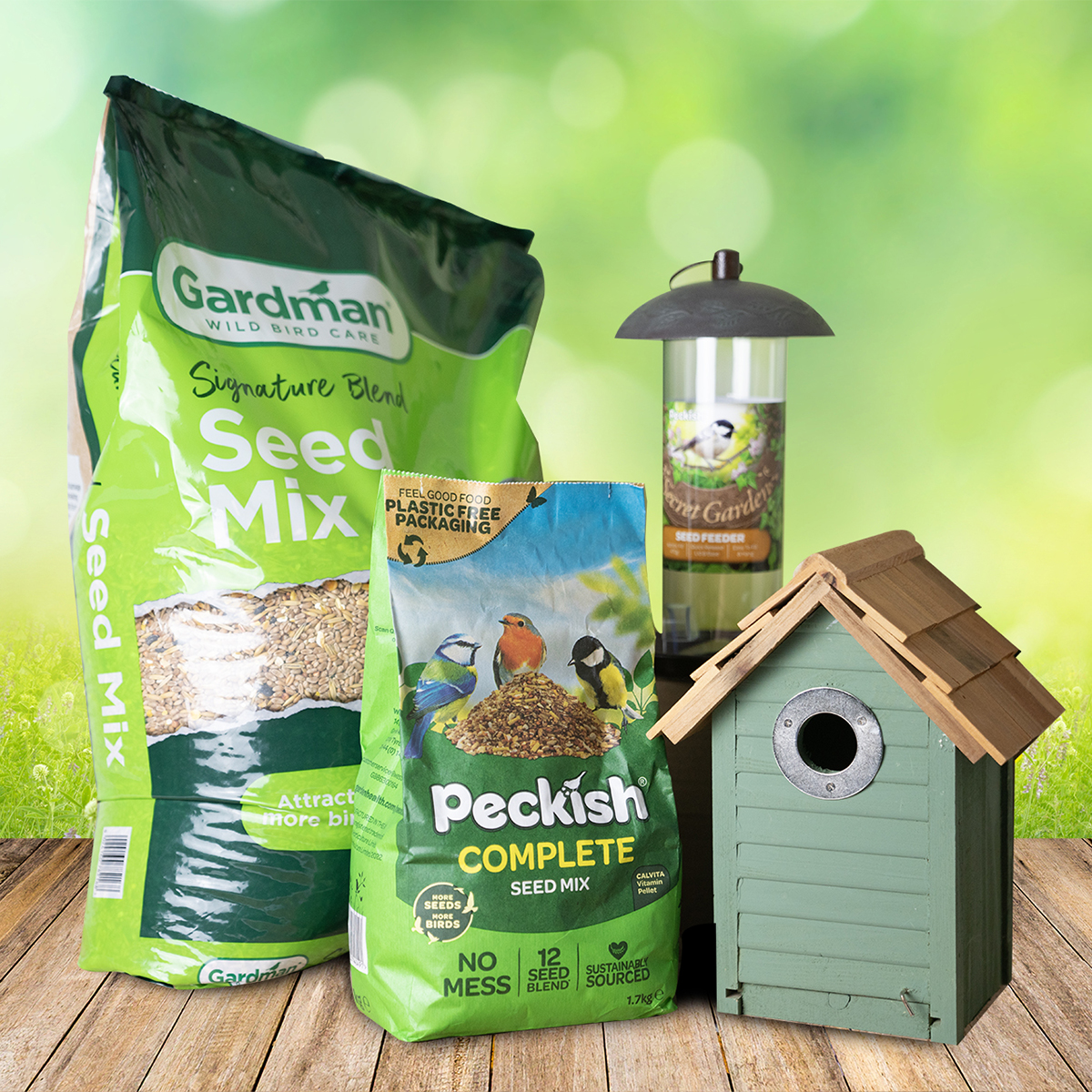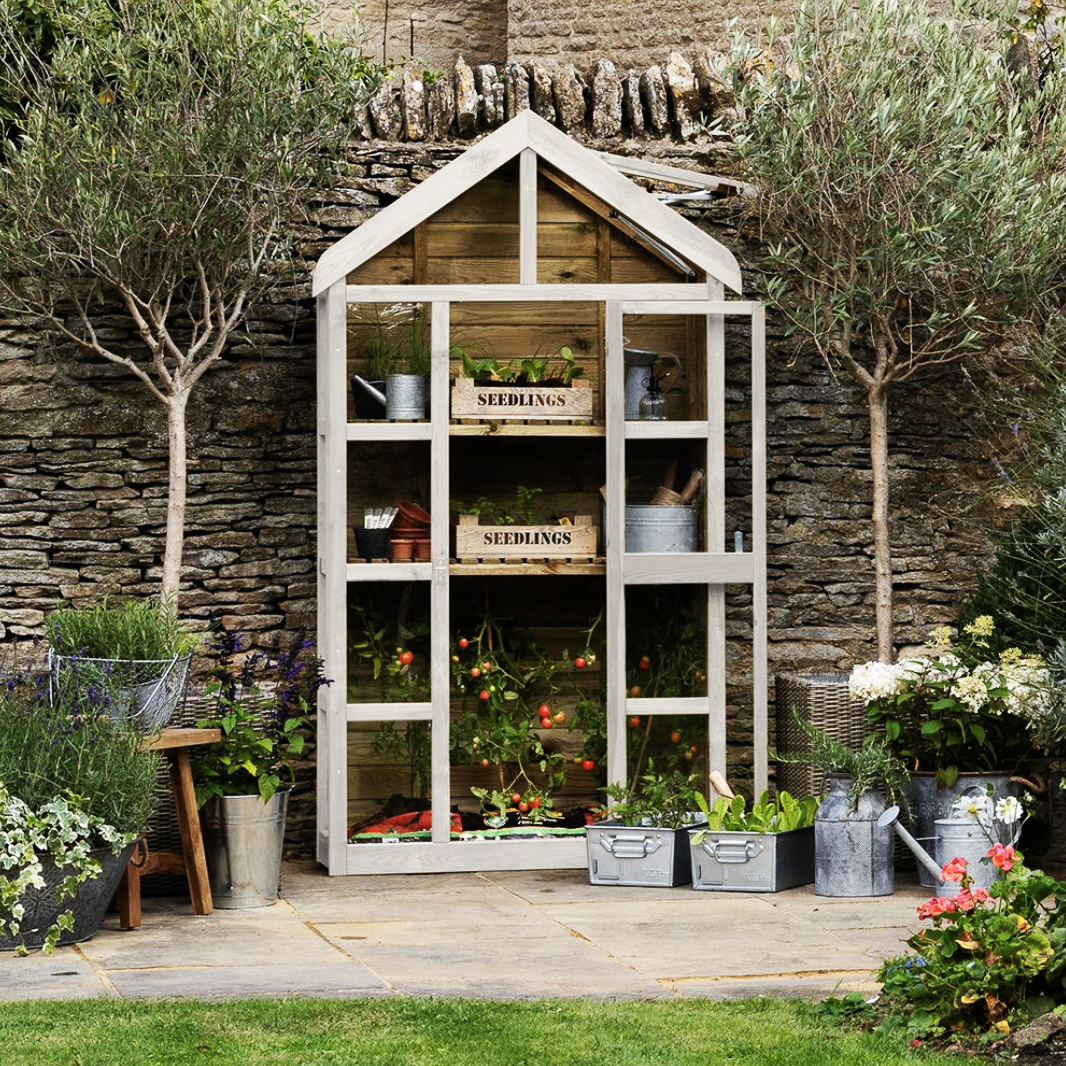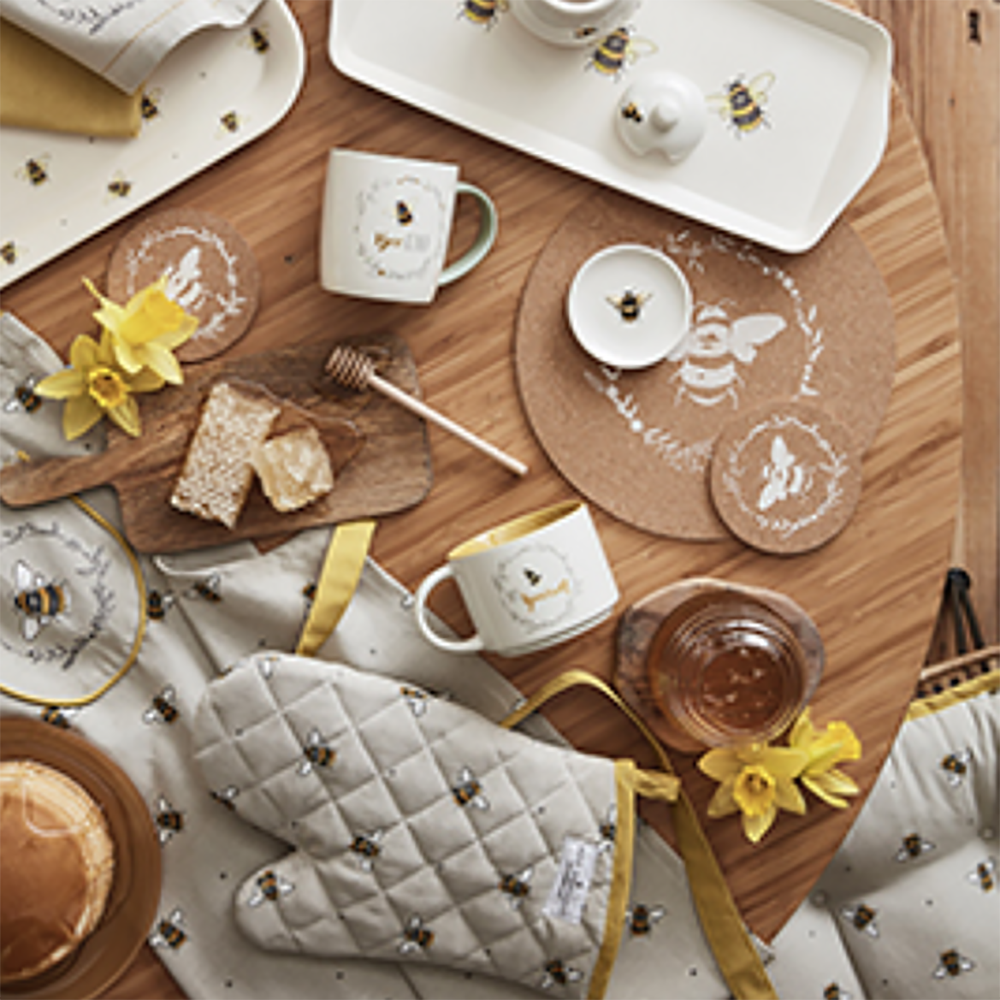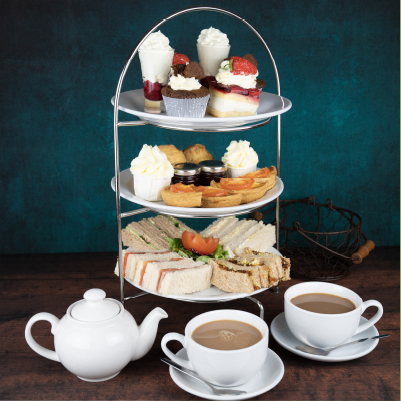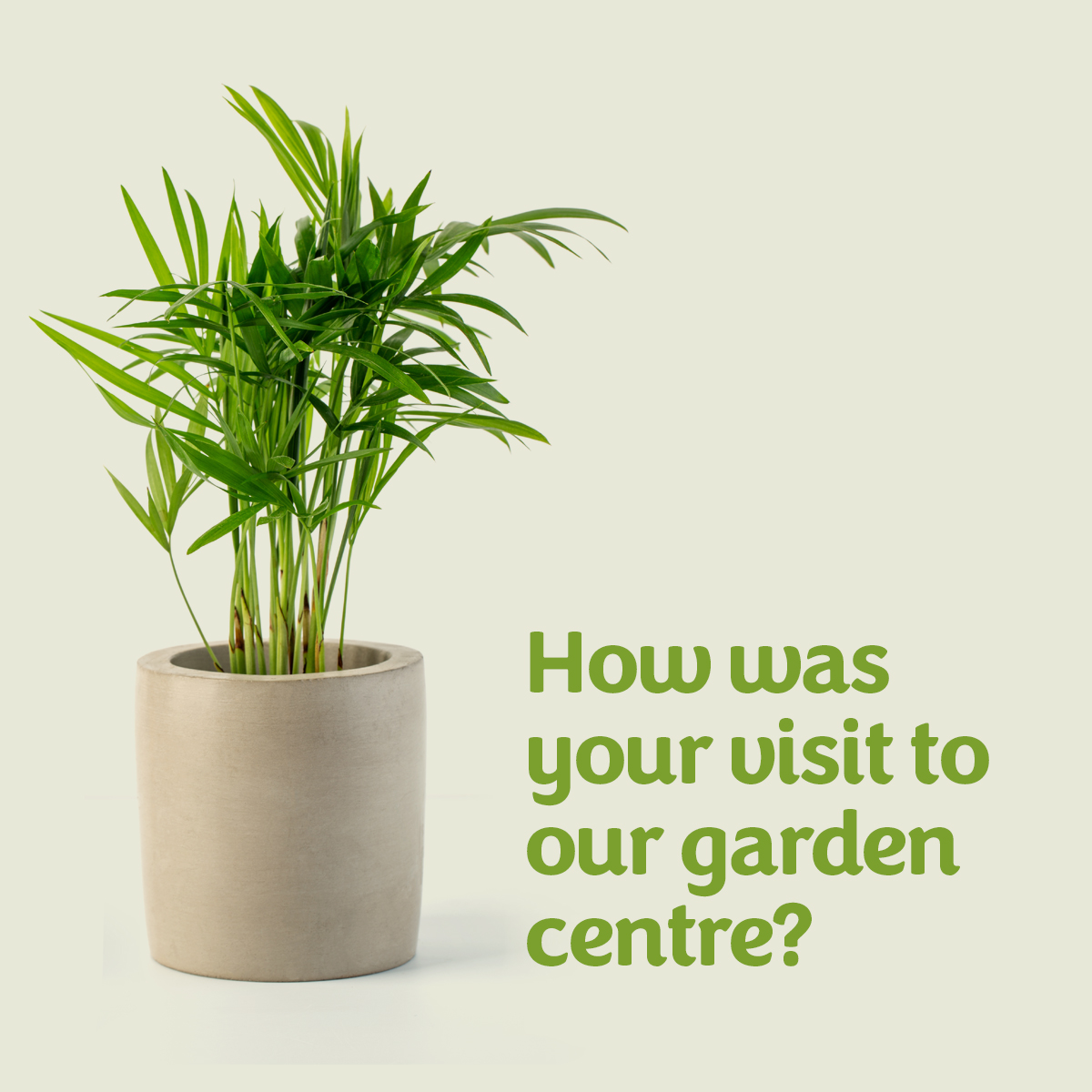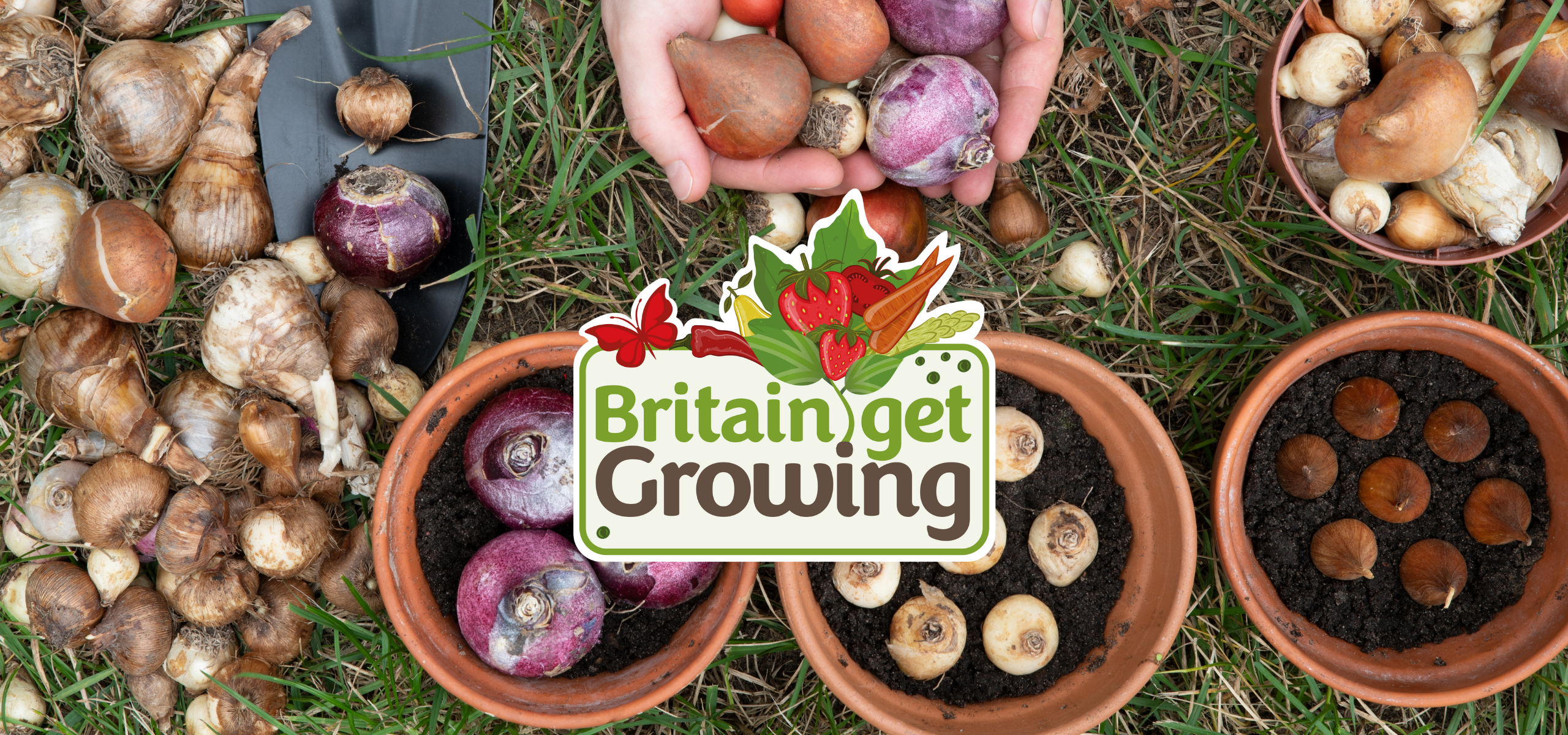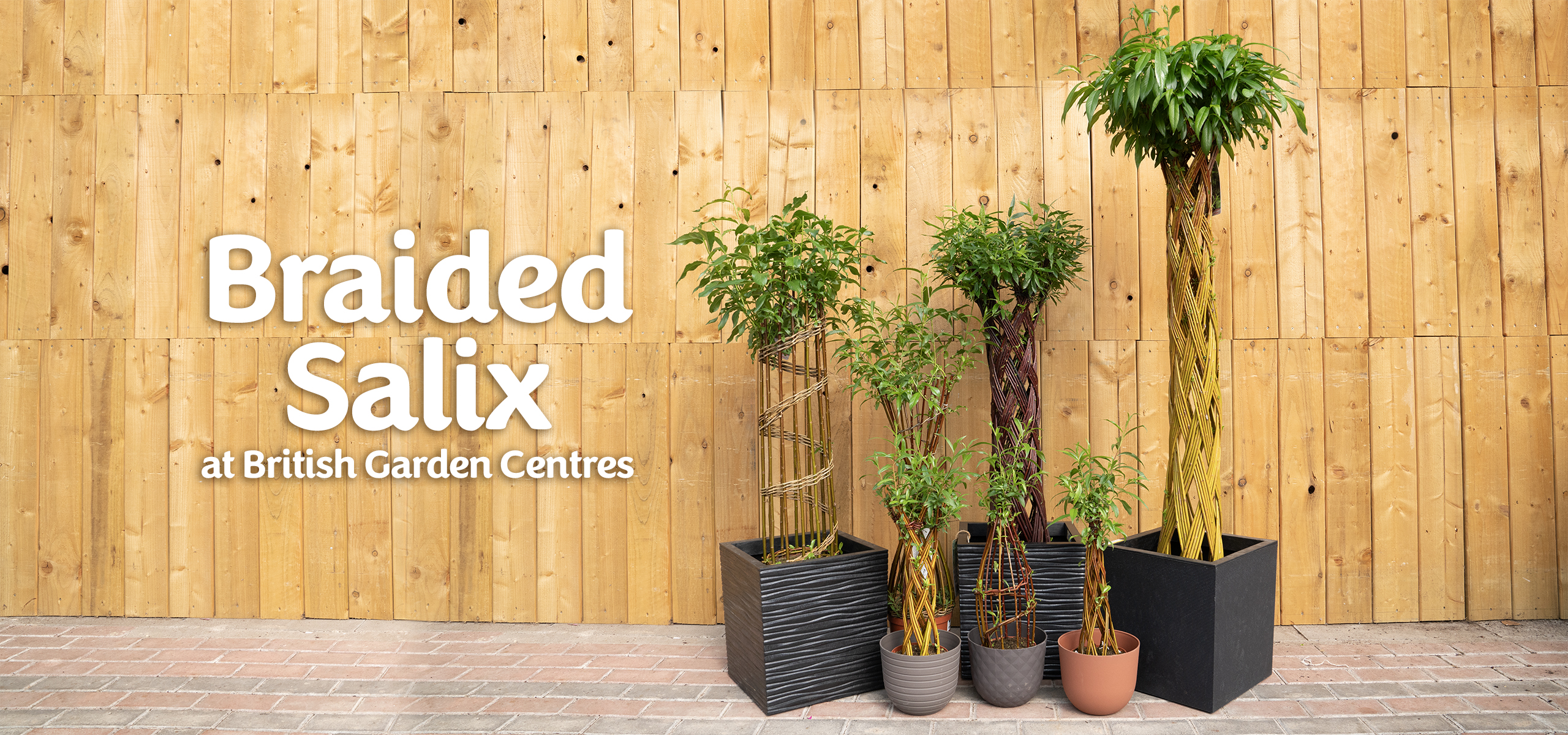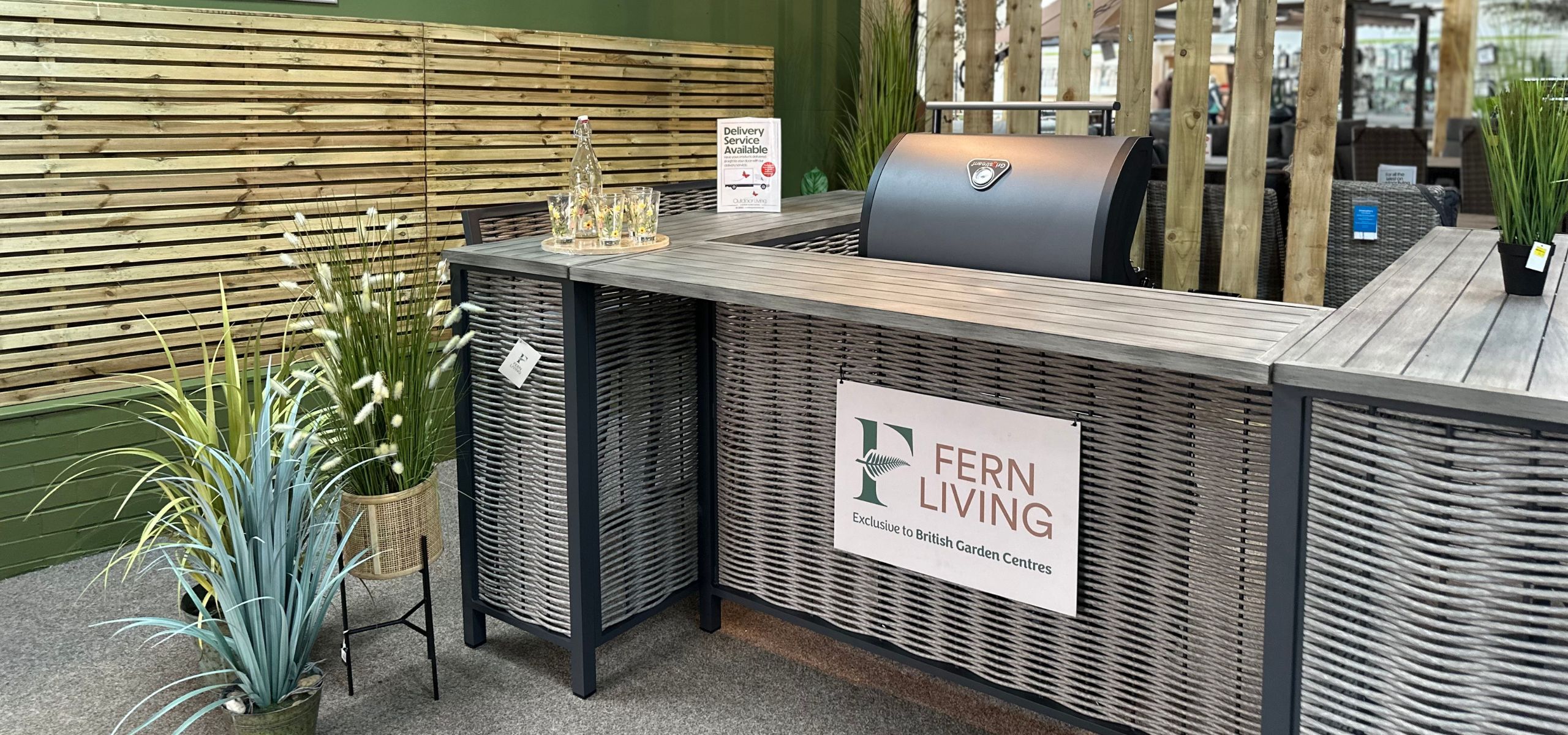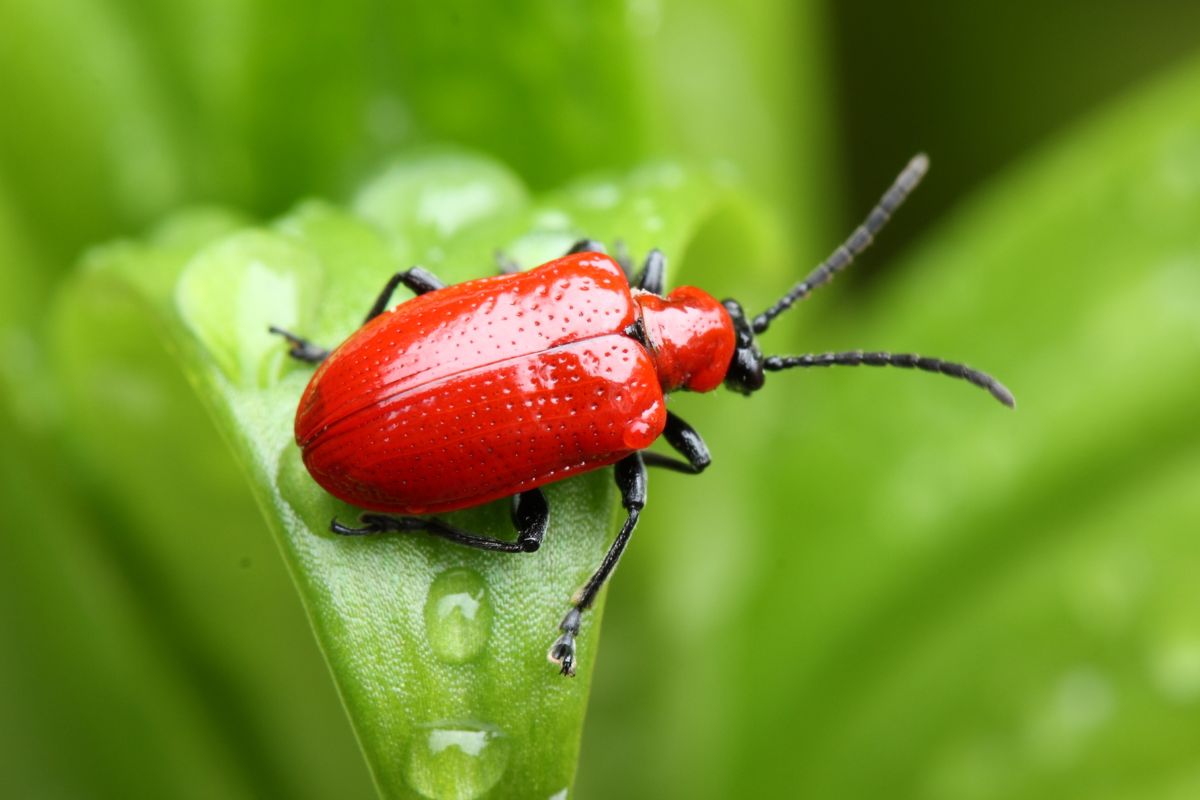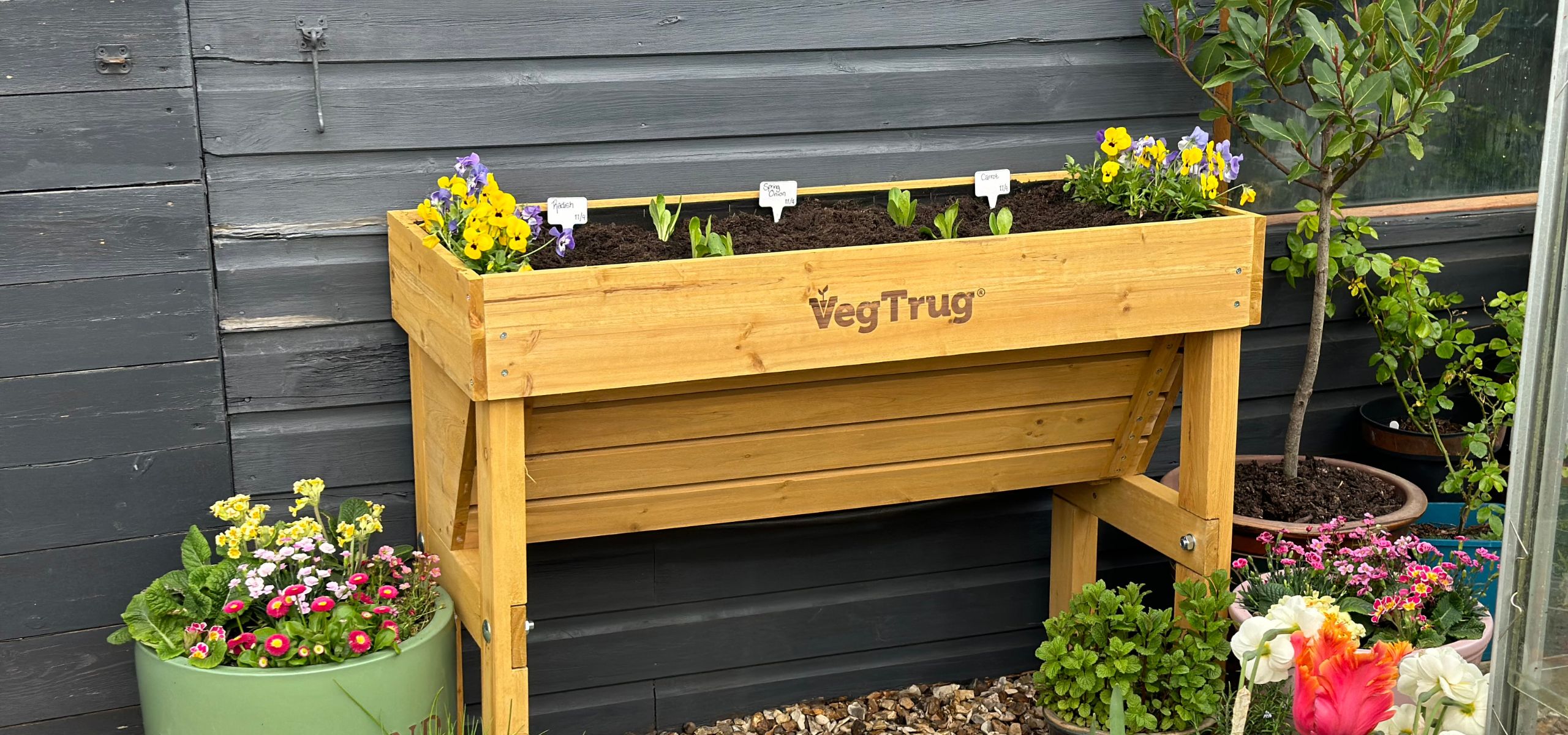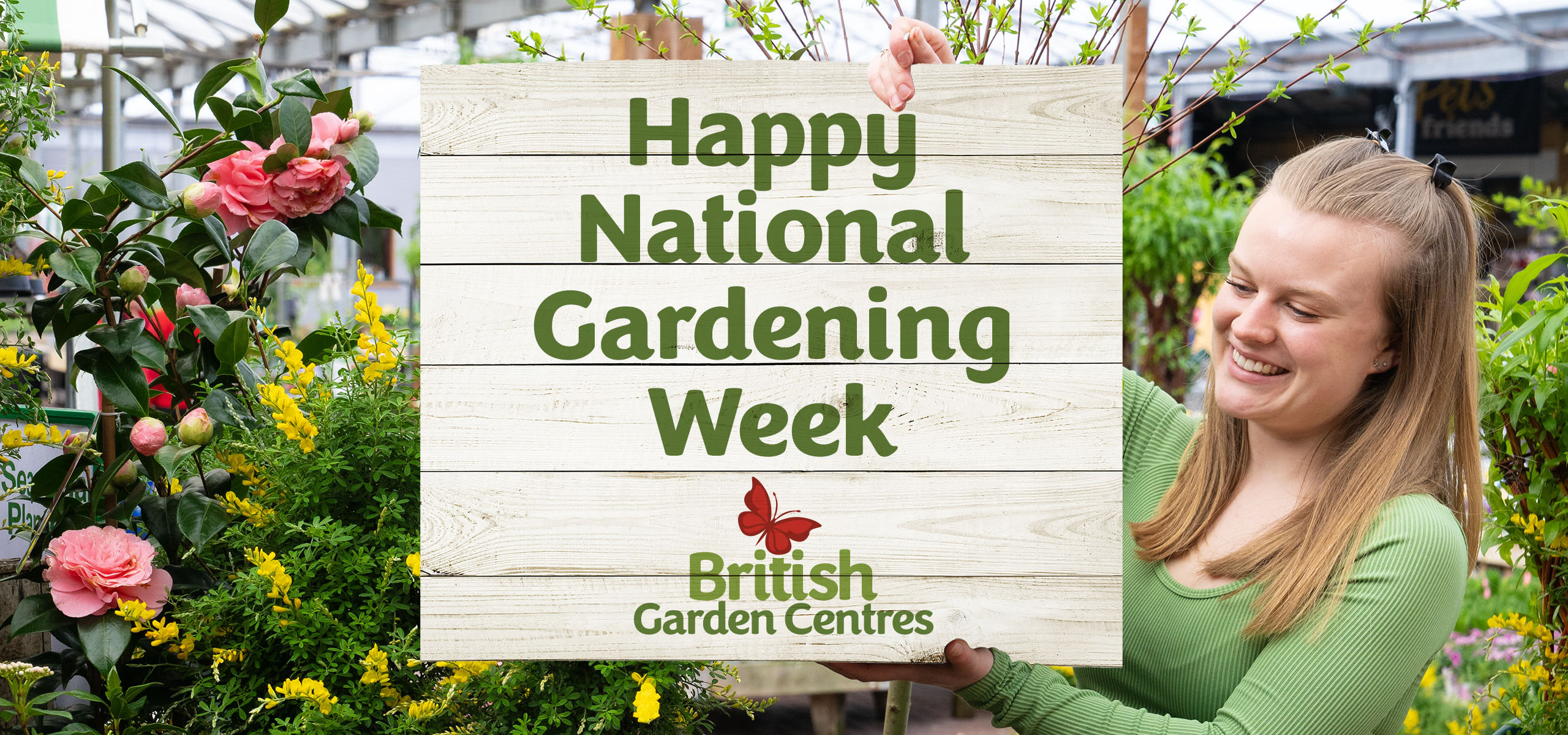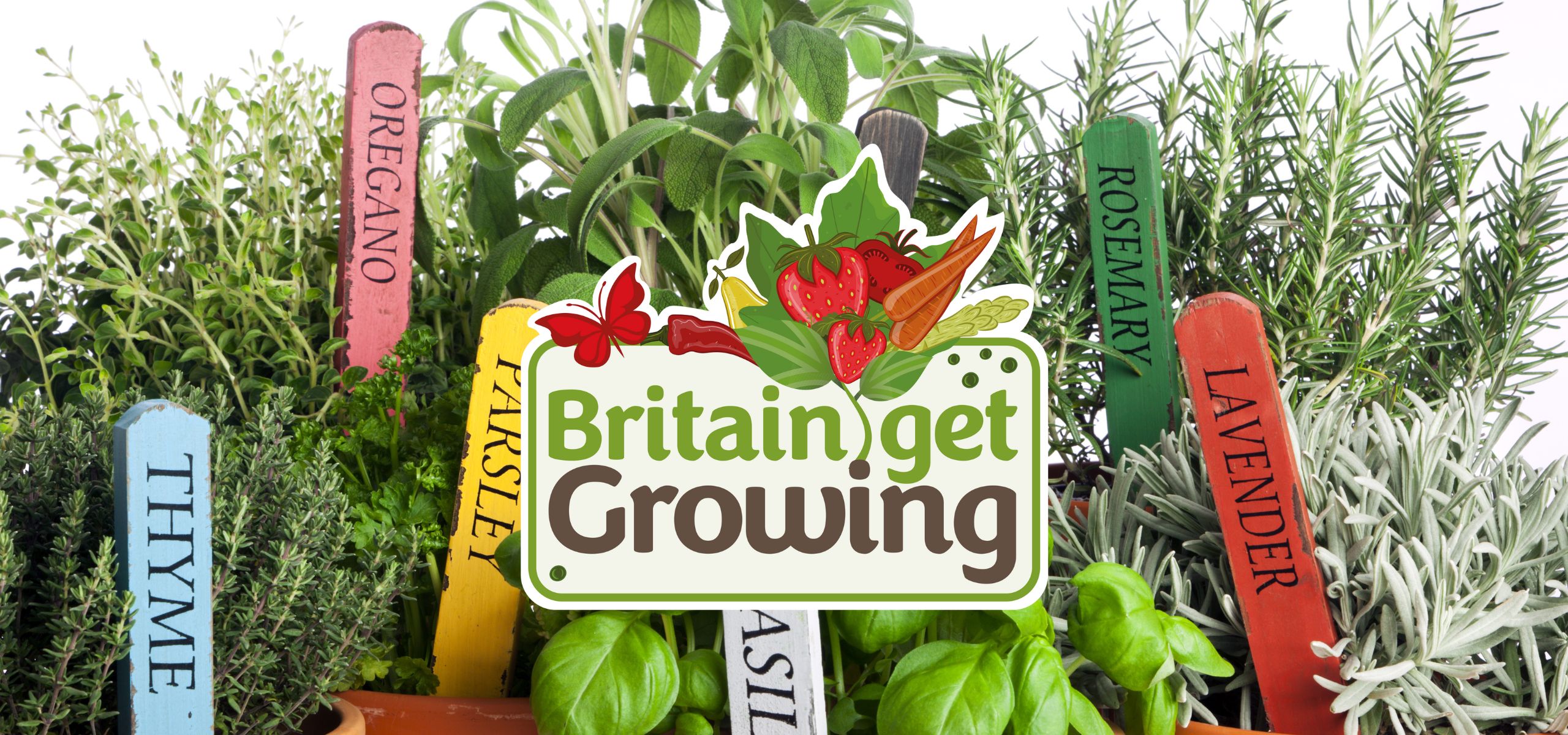Britain Get Growing – Welcoming winter to the garden this November
As November arrives, don't let the cooler weather deter you from enjoying your garden. Embrace the opportunity to care for your garden during this season of change and enjoy the rewards as nature awakens in the coming months. The team at British Garden Centres has put together a guide on some tasks you can do this month to ensure that your garden remains healthy and well-prepared for the following spring.
What to plant in November
Winter Bedding
Bedding plants are brilliant for giving the garden an instant lift at this time of year. Pansies and violas are ideal for bright winter colours, as are cyclamen primroses and winter favourite, heather. Bedding plants at your local British Garden Centres store will add extra interest to a garden and plug gaps between established shrubs, or fill borders, pots, and hanging baskets whilst some of the garden falls dormant.
Spring Bulbs
Take advantage of November to plant spring-flowering bulbs such as tulips, daffodils, and crocuses. Choose a sunny spot with well-drained soil and plant the bulbs at the recommended depth. By doing so now, you will ensure a delightful burst of colour when spring arrives.
Hardy Perennials
If you're looking for plants that can withstand the colder temperatures of winter, consider planting hardy perennials in November. These plants have the ability to survive frost and snow, and they will continue to bloom year after year. Some examples of hardy perennials that can be planted in November include lupins, foxgloves, delphiniums, asters and bare-root roses. By planting these now, you can enjoy their beauty in the coming spring and beyond.
Cool-Weather Vegetables
November is an excellent time to start growing cool-weather vegetables in your garden. These vegetables thrive in lower temperatures and can tolerate light frosts. Some popular choices for planting in November include spring onions, winter cabbage, lettuce, spinach, kale, mushrooms, rhubarb, and carrots. These vegetables not only provide fresh and nutritious produce but can also add greenery and variety to your garden during the winter months.
Winter-Hardy Herbs
For those who enjoy growing herbs, November offers an opportunity to plant winter-hardy varieties. These herbs can withstand the colder temperatures and continue to add flavour to your dishes throughout the winter. Some common winter-hardy herbs include rosemary, thyme, sage, and parsley.
Fruit trees and bushes
November is the perfect time to get bare-root fruit trees into the ground to establish before the colder weather hits. Apples, cherries, pears and plums are popular with gardeners at this time of year, as are raspberry canes and small fruit bushes like blueberries or gooseberries.
Garden Maintenance in November
Clearing Out Fallen Leaves
One of the most important tasks during November is to clear out fallen leaves from your garden. A thick layer of leaves can prevent sunlight and oxygen from reaching the grass and plants, potentially leading to suffocation and diseases. Rake up the fallen leaves and either compost them or use them as mulch for your flower beds and vegetable patches.
Pruning and Trimming
November is an ideal time to prune and trim certain plants and trees. Remove dead or diseased branches to maintain overall plant health. Additionally, prune back perennial flowers and shrubs to encourage new growth in the following spring. Be sure to research the specific pruning requirements for each plant to avoid any damage.
Protect Tender Plants
With the arrival of colder temperatures, it is crucial to protect tender plants from frost and winter damage. Cover delicate plants with horticulture fleece or mulch the beds and containers to shield them from freezing temperatures. Consider moving potted plants indoors or to a sheltered area to provide them with extra protection.
Prepare the Soil
Preparing the soil in November sets the foundation for a successful growing season. Clear away any remaining debris and weeds from vegetable beds and flower borders. Add compost or well-rotted manure to enrich the soil, promoting healthy plant growth in the future.
Clean and Store Garden Tools
Before winter fully sets in, take the time to clean and store your garden tools properly. Remove any dirt or debris from tools such as shovels, rakes, and pruning shears. Apply a light coat of oil to prevent rusting and store them in a dry place for the winter.
Maintain Bird Feeders
As the natural food sources become scarce, providing food for birds becomes crucial. Clean and refill bird feeders regularly to attract a variety of species to your garden. Consider placing bird baths or shallow containers of water to provide them with a water source, especially during freezing temperatures.
